
Miles Martin
Reporter, Life Sciences and Physical Sciences
Miles Martin, based in Kingston, Rhode Island, covers Life Sciences and Physical Sciences for The Academic Times. Prior to that, Miles worked on the media and communications team at Cell Press and as a freelance science writer. He holds an MSc in science communication and public engagement from the University of Edinburgh.

 Massachusetts Institute of Technology researchers described a method for producing a sustainable, fast-drying fabric by manipulating the mechanical properties of polyethylene, the most widely produced plastic, despite the fact that polyethylene is totally waterproof.
Massachusetts Institute of Technology researchers described a method for producing a sustainable, fast-drying fabric by manipulating the mechanical properties of polyethylene, the most widely produced plastic, despite the fact that polyethylene is totally waterproof.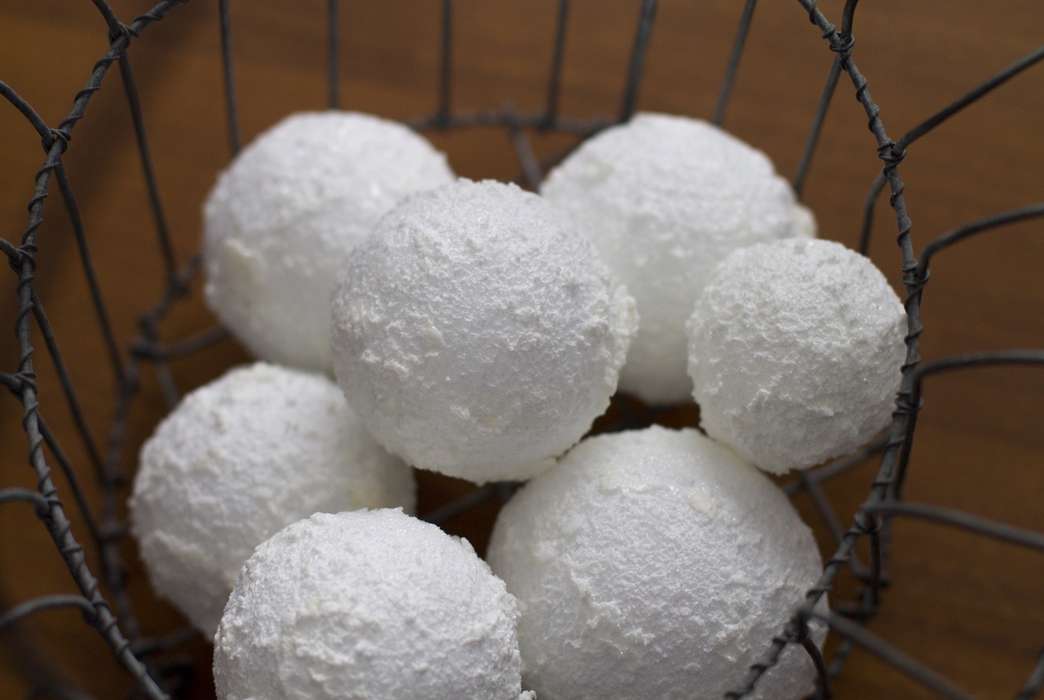
 Researchers from Purdue University have developed a new form of water-based polyurethane that incorporates a cellulose nanomaterial to make the coating stronger and more stable, solving a known issue with water-based polyurethanes and reducing the need to rely on toxic solvents for industrial-grade polyurethane.
Researchers from Purdue University have developed a new form of water-based polyurethane that incorporates a cellulose nanomaterial to make the coating stronger and more stable, solving a known issue with water-based polyurethanes and reducing the need to rely on toxic solvents for industrial-grade polyurethane.
 By modeling the flow of SARS-CoV-2 respiratory droplets through space, researchers have added new findings to continuing debates on the appropriate safe distance for avoiding transmission of the virus that causes COVID-19, and also demonstrated that using ultraviolet-C irradiation to inactivate the virus may be a safe approach to attenuating its spread.
By modeling the flow of SARS-CoV-2 respiratory droplets through space, researchers have added new findings to continuing debates on the appropriate safe distance for avoiding transmission of the virus that causes COVID-19, and also demonstrated that using ultraviolet-C irradiation to inactivate the virus may be a safe approach to attenuating its spread.
 Researchers have implicated a climate change-driven weather system known as the Midwest Water Hose in the 2019 floods that devastated large expanses of the U.S. region, noting that it has been accelerated by increasing greenhouse gas emissions over the last 40 years and is only expected to cause more damage as climate change continues.
Researchers have implicated a climate change-driven weather system known as the Midwest Water Hose in the 2019 floods that devastated large expanses of the U.S. region, noting that it has been accelerated by increasing greenhouse gas emissions over the last 40 years and is only expected to cause more damage as climate change continues.
Revelation of how bone marrow regenerates after chemotherapy could help patients recover from cancer
 A research team from the University of Osaka has discovered that as certain stem cells in bone marrow die, they release chemical signals that start a multi-step process triggering living cells to proliferate. This allows bone marrow to slowly regenerate, even after severe damage from chemotherapy.
A research team from the University of Osaka has discovered that as certain stem cells in bone marrow die, they release chemical signals that start a multi-step process triggering living cells to proliferate. This allows bone marrow to slowly regenerate, even after severe damage from chemotherapy.
 Scientists have discovered that by inflating their lungs, frogs can diminish their sensitivity to certain sound frequencies, making it easier to hear calls from their own species while tuning out those of others.
Scientists have discovered that by inflating their lungs, frogs can diminish their sensitivity to certain sound frequencies, making it easier to hear calls from their own species while tuning out those of others.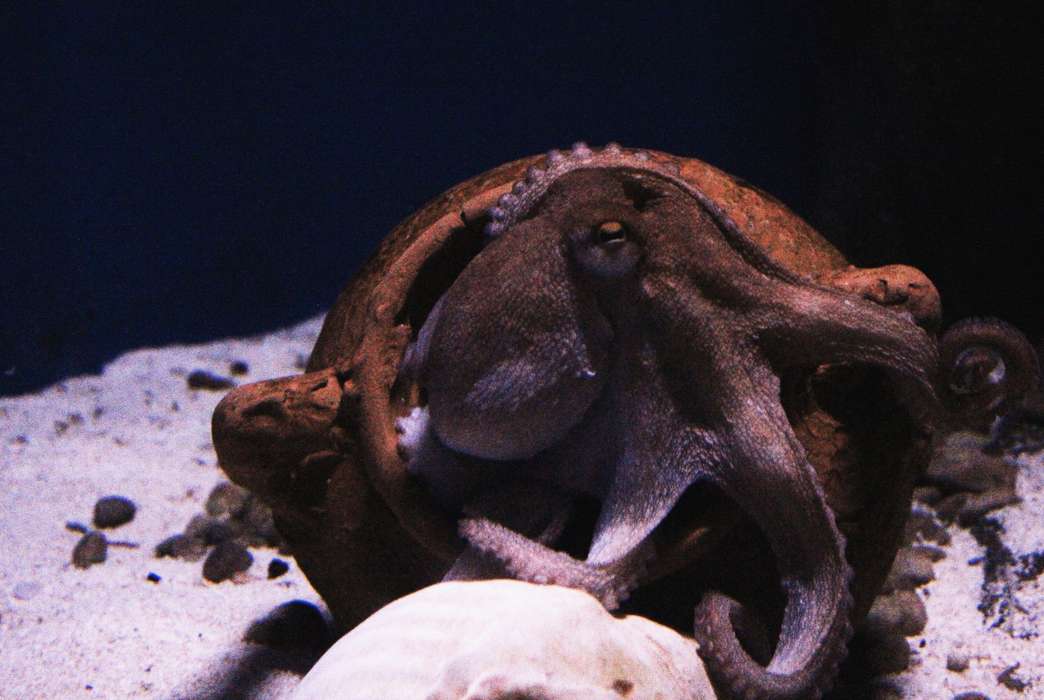
 Researchers have determined that octopuses — the most neurologically complex invertebrates — both feel pain and remember it, responding with sophisticated behaviors and shedding new light on the unsolved mystery of how invertebrate animals experience pain.
Researchers have determined that octopuses — the most neurologically complex invertebrates — both feel pain and remember it, responding with sophisticated behaviors and shedding new light on the unsolved mystery of how invertebrate animals experience pain.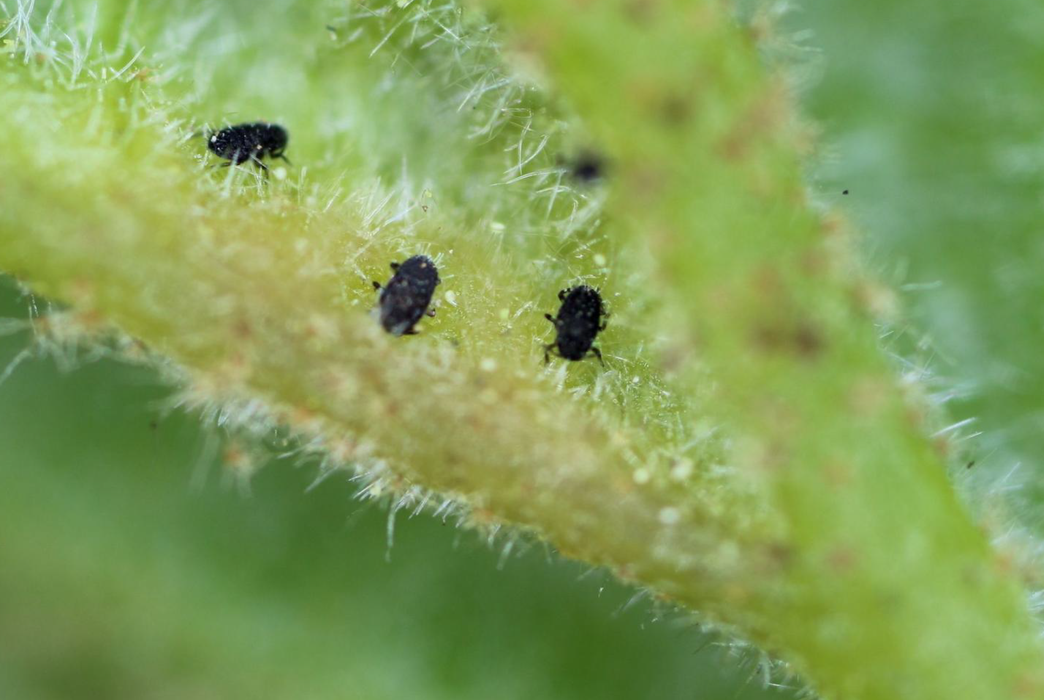
 Scientists have identified the first examples of insect genes directly involved in the creation of galls — intricate shelters that thousands of species of flies, wasps, and aphids make by manipulating the development of plant tissue — shedding light on a process that is not yet fully understood.
Scientists have identified the first examples of insect genes directly involved in the creation of galls — intricate shelters that thousands of species of flies, wasps, and aphids make by manipulating the development of plant tissue — shedding light on a process that is not yet fully understood.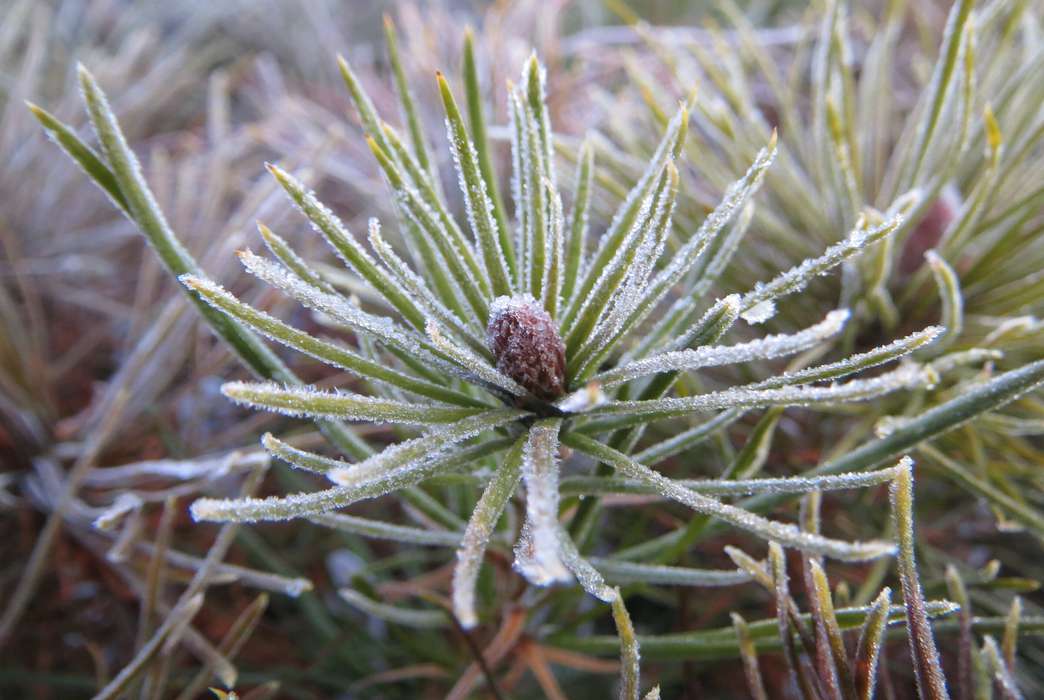
 Selective breeding to promote faster tree growth may complicate future reforestation efforts for temperate pine forests by making these trees more vulnerable to changing climates because of genetic trade-offs in the flora, a new study found.
Selective breeding to promote faster tree growth may complicate future reforestation efforts for temperate pine forests by making these trees more vulnerable to changing climates because of genetic trade-offs in the flora, a new study found.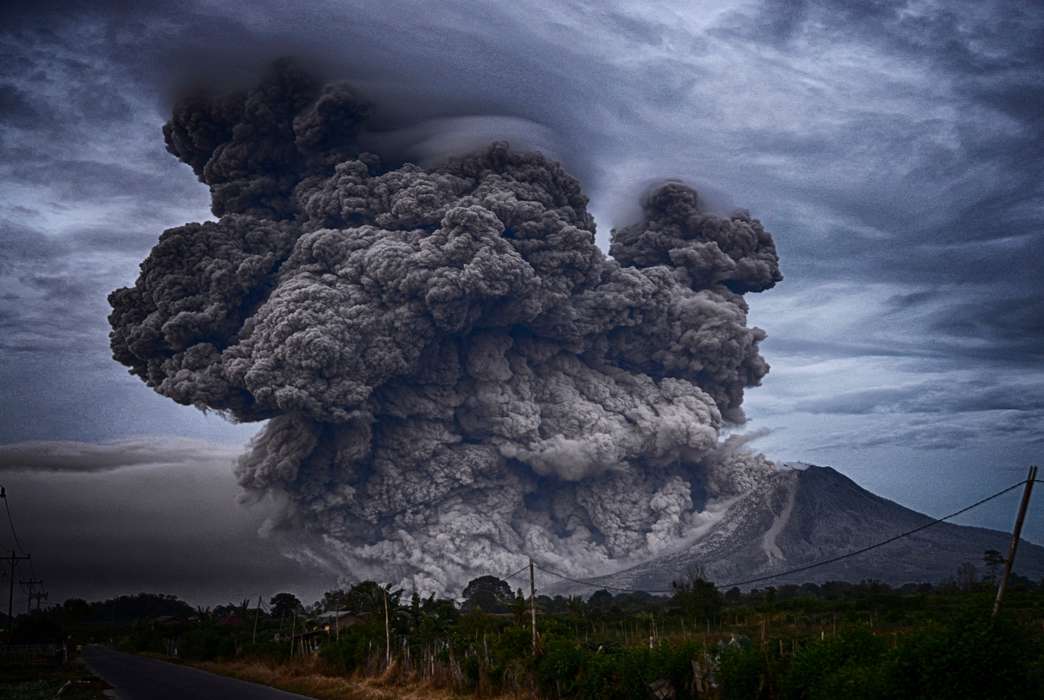
 A recent study in Northeast Asia determined that ash from volcanic eruptions can be a significant suppressor of tropical cyclone formation because the ash has a cooling effect on the ocean. However, instead of looking to the sky to make their discovery, the researchers found their answers in the rings of local trees.
A recent study in Northeast Asia determined that ash from volcanic eruptions can be a significant suppressor of tropical cyclone formation because the ash has a cooling effect on the ocean. However, instead of looking to the sky to make their discovery, the researchers found their answers in the rings of local trees.
 A new study has confirmed that young megatheropod dinosaurs — two-legged carnivores such as Tyrannosaurus Rex — grew up quickly to outcompete adults of smaller dinosaur species, leading to greater diversity among megatheropods than among small or medium-sized carnivores.
A new study has confirmed that young megatheropod dinosaurs — two-legged carnivores such as Tyrannosaurus Rex — grew up quickly to outcompete adults of smaller dinosaur species, leading to greater diversity among megatheropods than among small or medium-sized carnivores.
 In a study of more than 100,000 postmenopausal women, those who ate larger amounts of plant-based protein showed lower risk of premature death, cardiovascular disease and dementia-related death compared to women who ate more animal-based proteins. The findings suggest that health outcomes can be influenced by the form that dietary protein takes, not just the amount of protein consumed.
In a study of more than 100,000 postmenopausal women, those who ate larger amounts of plant-based protein showed lower risk of premature death, cardiovascular disease and dementia-related death compared to women who ate more animal-based proteins. The findings suggest that health outcomes can be influenced by the form that dietary protein takes, not just the amount of protein consumed.